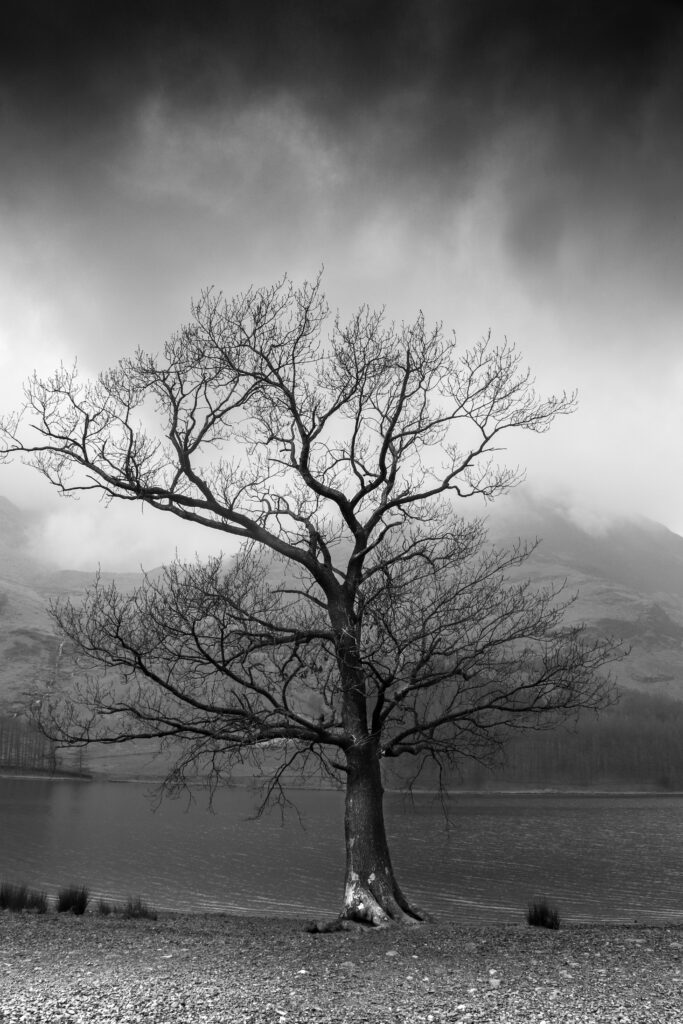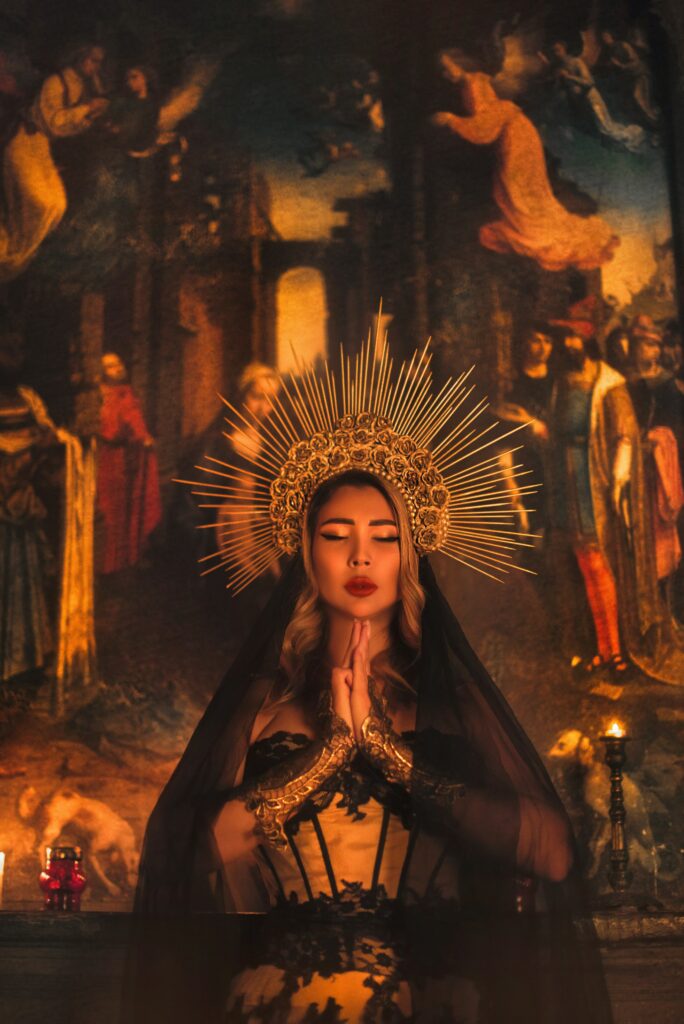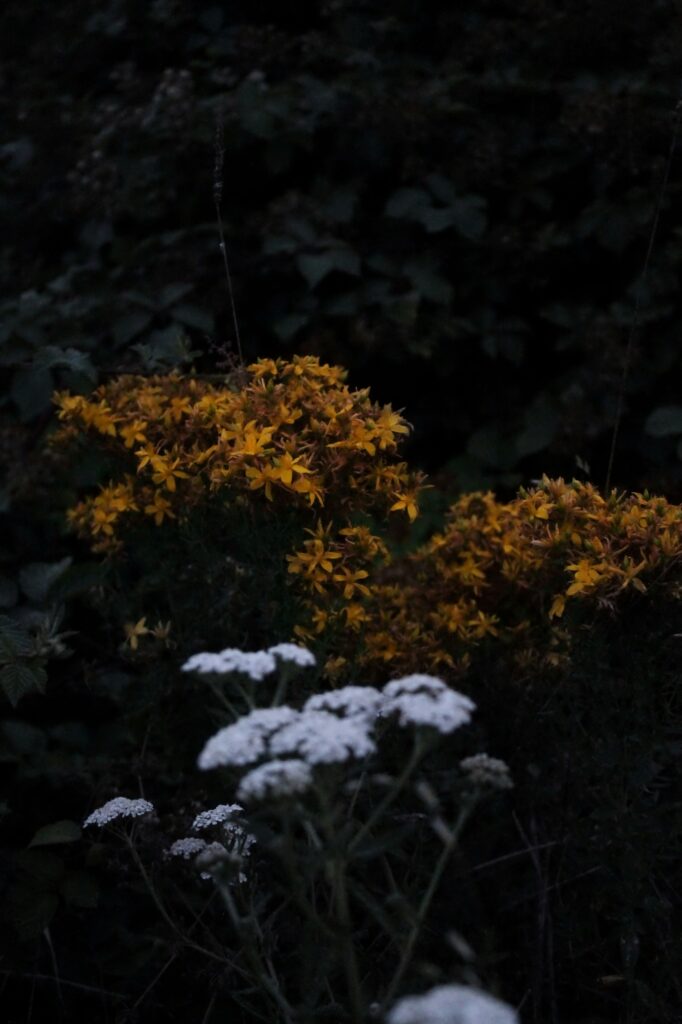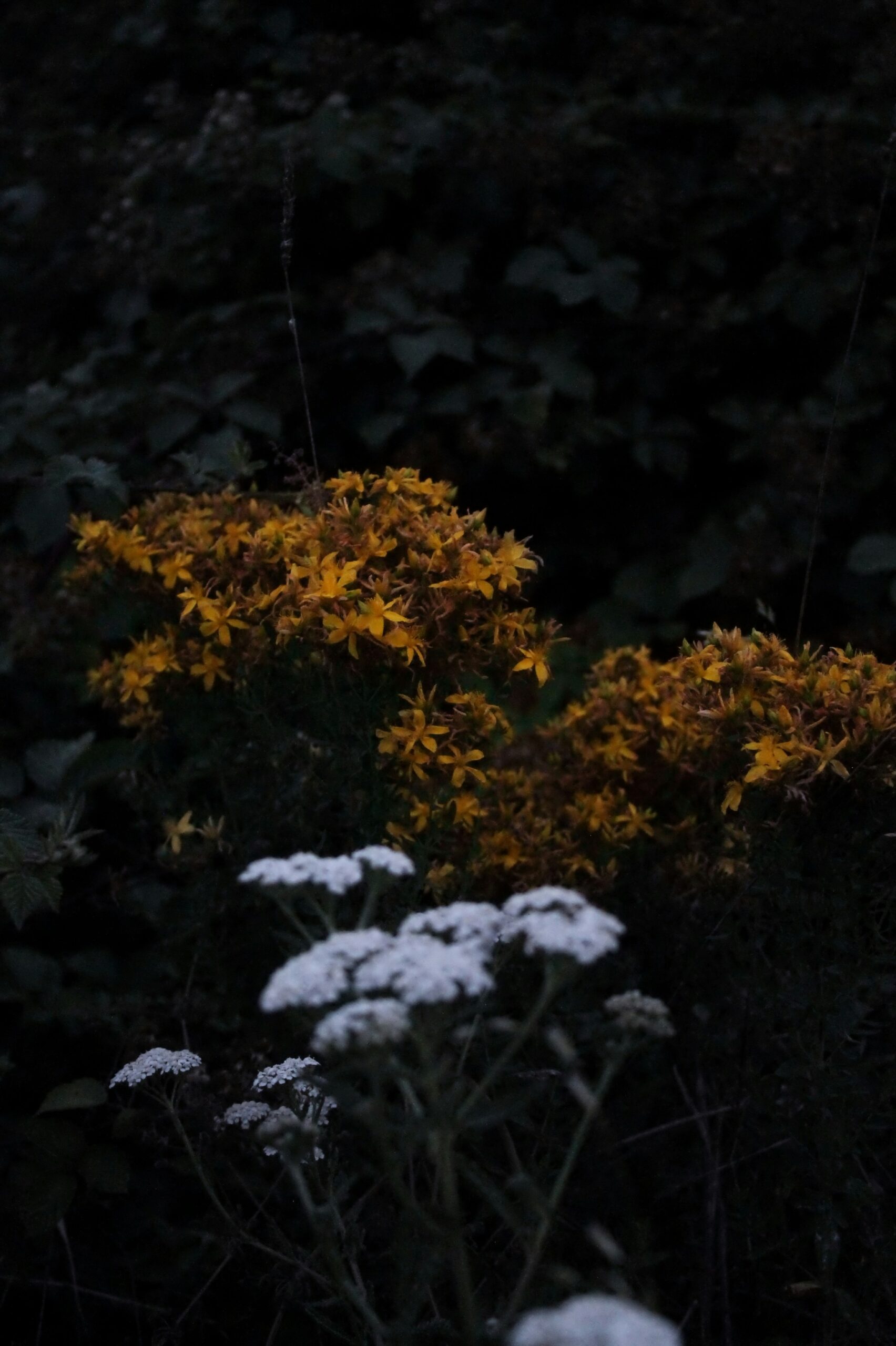In her debut feature film, “Lisa Frankenstein,” Zelda Williams embraces a tale that allows her to explore her own grief in a cathartic and unconventional way. As the daughter of Robin Williams, the late Oscar-winning comedian, Zelda has inevitably faced assumptions that her work is always connected to her father’s death. However, with “Lisa Frankenstein,” she tackles a teenage zombie rom-com filled with vibrant ’80s aesthetics, violence, and a dead love interest. Despite initial concerns about the public’s reaction, Williams was drawn to the project’s themes and references to beloved ’80s and ’90s films. With “Lisa Frankenstein,” she navigates her own journey of healing and delivers a heartfelt and empowering story.

Zelda Williams’ Filmmaking Debut
Zelda Williams, the daughter of the late Robin Williams, took an unexpected route for her feature filmmaking debut with the teenage zombie romantic comedy, “Lisa Frankenstein”. The concept of the film was unique and challenging to sell, as it was set in the vibrant and eccentric world of the 80s, complete with elements of grief, violence, and a love interest who was not only mute but also dead. Despite her concerns about drawing attention, Williams was captivated by the script written by Diablo Cody, known for her ability to explore adolescent trauma in films like “Juno” and the feminist teen horror flick “Jennifer’s Body”. The themes of the film resonated with Williams’ own life, particularly the grief and anguish she experienced following her father’s death. The film also incorporated a myriad of references to iconic 80s and 90s movies like “Heathers”, “Beetlejuice”, and “Weird Science”. With the combination of personal connection, compelling script, and nostalgic references, Williams embraced the opportunity to direct “Lisa Frankenstein” and explore the catharsis that filmmaking could provide.
The Resonance with Williams’ Life
One of the significant themes in “Lisa Frankenstein” is grief and anguish, which is a subject that deeply influenced Zelda Williams’ own life. The sudden death of her father, Robin Williams, in 2014, caused shock waves of anguish to reverberate through her. The process of navigating and processing grief became an integral part of her own journey, and the opportunity to explore these emotions through her directorial debut was compelling. Williams saw “Lisa Frankenstein” as a chance to find catharsis in art and convey her own experiences with grief onscreen, offering a relatable and authentic portrayal of this complex emotion.
Robin Williams’ death undoubtedly had a significant impact on Zelda Williams’ life and career choices. As the daughter of a beloved comic superstar, Williams acknowledged that people would inevitably draw connections between her work and her father’s death. She recognized that assumptions would be made about the themes and motivations behind her projects. However, she hoped that by delving into personal and intimate themes like grief, she would not only be able to express herself artistically but also demonstrate that her work could stand on its own merit.

The Pastiche of References
One of the distinctive elements of “Lisa Frankenstein” is the incorporation of numerous references to iconic movies from the 80s and 90s. As a self-professed lover of these films, Zelda Williams wanted to pay homage to the classics that had influenced her as a filmmaker. Movies like “Heathers”, “Beetlejuice”, and “Weird Science” are intricately woven into the fabric of “Lisa Frankenstein”, adding depth and layers of nostalgia for the audience. These references serve not only as a homage to the movies that shaped Williams’ creative sensibilities but also as a way of engaging with the audience on a familiar and relatable level.
By integrating these references, Williams creates a sense of familiarity and nostalgia for viewers who grew up watching these beloved films. It also showcases her understanding of cinematic history and her ability to reinterpret and pay tribute to the creative works that came before her. This pastiche of references adds an extra layer of depth and meaning to “Lisa Frankenstein”, making it a unique and compelling viewing experience.
Diablo Cody’s Contribution
The script for “Lisa Frankenstein” was penned by renowned screenwriter Diablo Cody, known for her ability to tackle sensitive and complex subjects in a nuanced and engaging manner. Cody’s previous work, such as the critically acclaimed “Juno” and the feminist horror flick “Jennifer’s Body”, showcased her talent for exploring adolescent trauma and subverting genre expectations. Cody’s involvement in “Lisa Frankenstein” brought a unique perspective and narrative voice to the project.
Cody’s script for “Lisa Frankenstein” delves into the experiences of adolescents grappling with grief and trauma. It captures the tumultuous emotions and confusion of coming-of-age while dealing with personal loss, offering viewers an authentic and relatable portrayal of these experiences. With Cody’s script as the foundation, Williams had a strong framework to build upon, allowing her to bring her unique directorial vision to life.

Trepidation and Determination
As Zelda Williams embarked on her filmmaking journey, she had initial concerns about the reception of “Lisa Frankenstein” and how it would be perceived by audiences and critics alike. Being the daughter of a beloved and iconic comedian, she was acutely aware of the scrutiny and assumptions that would surround her work. Williams worried that people would view her comedic foray as an opportunity to be particularly critical or dismissive.
However, despite these concerns, Williams pushed past her trepidation and seized the opportunity to express herself creatively. She recognized that fear and doubt were inevitable parts of the creative process. With a desire to tell stories that resonated with her own experiences, she overcame her initial concerns and took the first step towards carving out her own path as a filmmaker.
Directing Challenges
Directing “Lisa Frankenstein” posed unique challenges for Zelda Williams, particularly due to the unprecedented circumstances caused by the Covid-19 pandemic. To adhere to safety protocols and ensure the well-being of the cast and crew, Williams found herself directing from inside a van during the initial stages of the production. This unexpected setback required her to adapt and find innovative solutions to maintain the creative vision of the film.
Navigating challenges like directing from inside a van allowed Williams to demonstrate her resilience and flexibility as a director. Despite the limitations imposed by the pandemic, she remained steadfast in her commitment to delivering a compelling and engaging film. Her ability to adapt and overcome obstacles speaks to her determination and passion for her craft.
The Cast and Crew
“Lisa Frankenstein” boasts a talented cast, with Kathryn Newton and Cole Sprouse taking on the roles of the main characters. Newton and Sprouse bring their respective talents and on-screen chemistry to breathe life into the world Williams has created. Their collaborative efforts, along with the rest of the cast and crew, contribute to the overall success of the film.
The collaborative nature of filmmaking is evident in the final product of “Lisa Frankenstein”. Williams recognized the importance of teamwork and fostering a positive and supportive environment on set. The dedication and passion of the cast and crew shine through in the performances and the overall execution of the film.
Embracing Personal Connections
Understanding the assumptions that audiences might make about her work, Zelda Williams embraced the opportunity to use her personal experiences as a source of creativity and authenticity. She acknowledged that people would inevitably connect her film with her grief over her father’s death but sought to showcase her unique perspective and narrative voice. By harnessing her personal connections and infusing them into the storytelling, Williams created a film that was both relatable and deeply personal.
Williams’s decision to incorporate personal experiences into her work allows her to connect with the audience on a deeper level. It also showcases her ability to find universality in her own experiences and transform them into captivating narratives that resonate with a wide range of viewers.
The Cathartic Power of Comedy
“Lisa Frankenstein” utilizes the power of comedy to explore themes of grief and trauma. Through humor, the film tackles these complex emotions in a way that is both relatable and cathartic. Williams recognized the healing potential of laughter and sought to create a film that would provide relief and healing to audiences who have experienced similar struggles.
By infusing comedy into the narrative, “Lisa Frankenstein” offers a fresh perspective on dealing with grief and trauma. It allows viewers to find moments of levity and release amidst the heaviness of the subject matter. The cathartic power of comedy becomes a driving force in the film, emphasizing its impact on the emotional journey of the characters and the audience.
The Impact of ‘Lisa Frankenstein’
“Lisa Frankenstein” explores the emotional depth of the film through its unique blend of genres. By combining elements of romance, comedy, and horror, the film provides a multifaceted viewing experience that resonates with audiences. The reception and response to the film have been overwhelmingly positive, with viewers praising its heartfelt storytelling, nostalgic references, and powerful performances.
The success of “Lisa Frankenstein” showcases Zelda Williams’ talent as a director and her ability to create a film that strikes a chord with audiences. By delving into personal and universal themes, she has crafted a unique and resonant story that resonates with viewers on an emotional level. The positive reception and impact of “Lisa Frankenstein” serve as a testament to Williams’ artistic vision and storytelling prowess.

